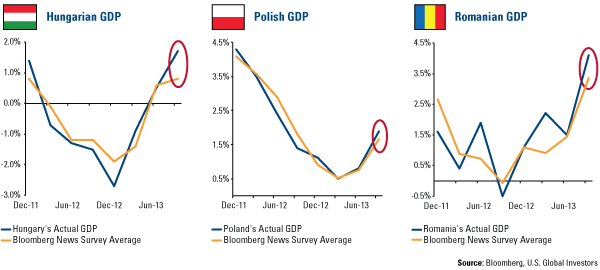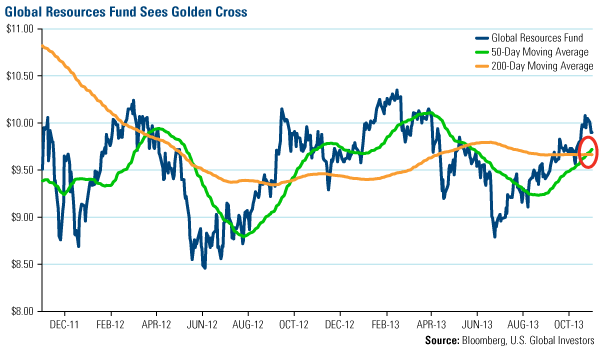My mind and my gut are in disagreement. There is something gnawing in my gut that says this market rally is overdone and needs a correction. While a 5% correction is almost always a good thing for the market in the long run, my gut is telling me we are overdue for a 5-10% correction or drop in the market. However, history does not support that conclusion. Take a look at the market since 1900 or the last 113 years:


As you can see, the market has fallen 30% or more thirteen times over the last 113 years, averaging every 8.7 years. Our market last hit bottom in March of 2009, suggesting there is still a long time before we re-visit the bottom of a bear market.
This chart plots the length and duration of the those thirteen recoveries. If you look along the bottom, you'll see the current recovery. It is both shorter-than-average and weaker-than average. History suggests we should not be worrying about a significant bear market retreat. (That means that growth investors will be happy, while income investors will be less happy. Income investors will be happier than growth investors when the bear market does arrive.)
Reinforcing this notion, the appointment of Janet Yellen as the new Chairman of the Federal Reserve assures the market that the "punch bowl" of easy money will not be taken away anytime soon.
The one big difference between this market recovery and all the others is our increased vulnerability to sudden market drops due to the secretive nature of derivatives, "dark pools," and high-frequency trading. I've characterized those events as non-fatal heart-attacks.
My gut is not happy with my mind's conclusion that the bull will continue running, but in the spirit of cooperation, the mind has agreed to keep my finger on the SELL button.

